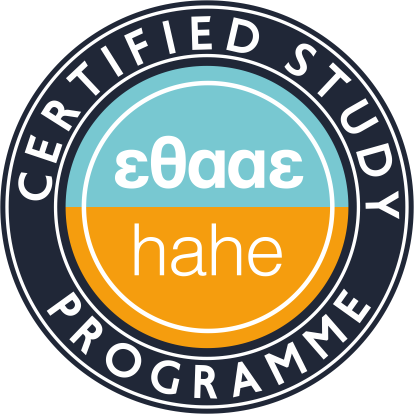Representations of Childhood: knowledge and Power
Description
The aim of this course is to implement a post-structuralist discourse analysis to a wide range of fictional texts in order to explore the knowledge they produce about childhood, and the consequences of this knowledge. Drawing on the ‘New Sociology of Childhood’ the course proceeds mainly through the examination and discussion of specific film and literary texts as sources of sociological knowledge about the changing character of contemporary childhood, the shifting boundary between adulthood and childhood, and the nature/culture dichotomy.
Learning outcomes
Students are expected to learn to
- critically examine and analyse issues relating to the formation of identities and power relations, particularly with regard to childhood.
- understand the role of representations and, more generally, of discourses in establishing the identity of childhood and the status of children in society.
- come to terms with concepts such as subjectivity, representation, ideology, discourse, as well as issues such as the relationship of knowledge with power through the analysis and critical examination of a diverse and differentiated material such as films, literary texts, television advertisements, scientific books, selected texts of social theory, comics.
They are also expected to become familiar with modern currents of social theory, such as discourse theory, through their practical implementation.
Assessment
Coursework comprises 1 presentation and 1 compulsory essay.
Teaching methods
Lectures, critical discussions and applications of post-structural discourse analysis in films, literary texts, comics, scientific and journalistic texts.
Course material available at: https://eclass.uth.gr/courses/ECE_U_106/
